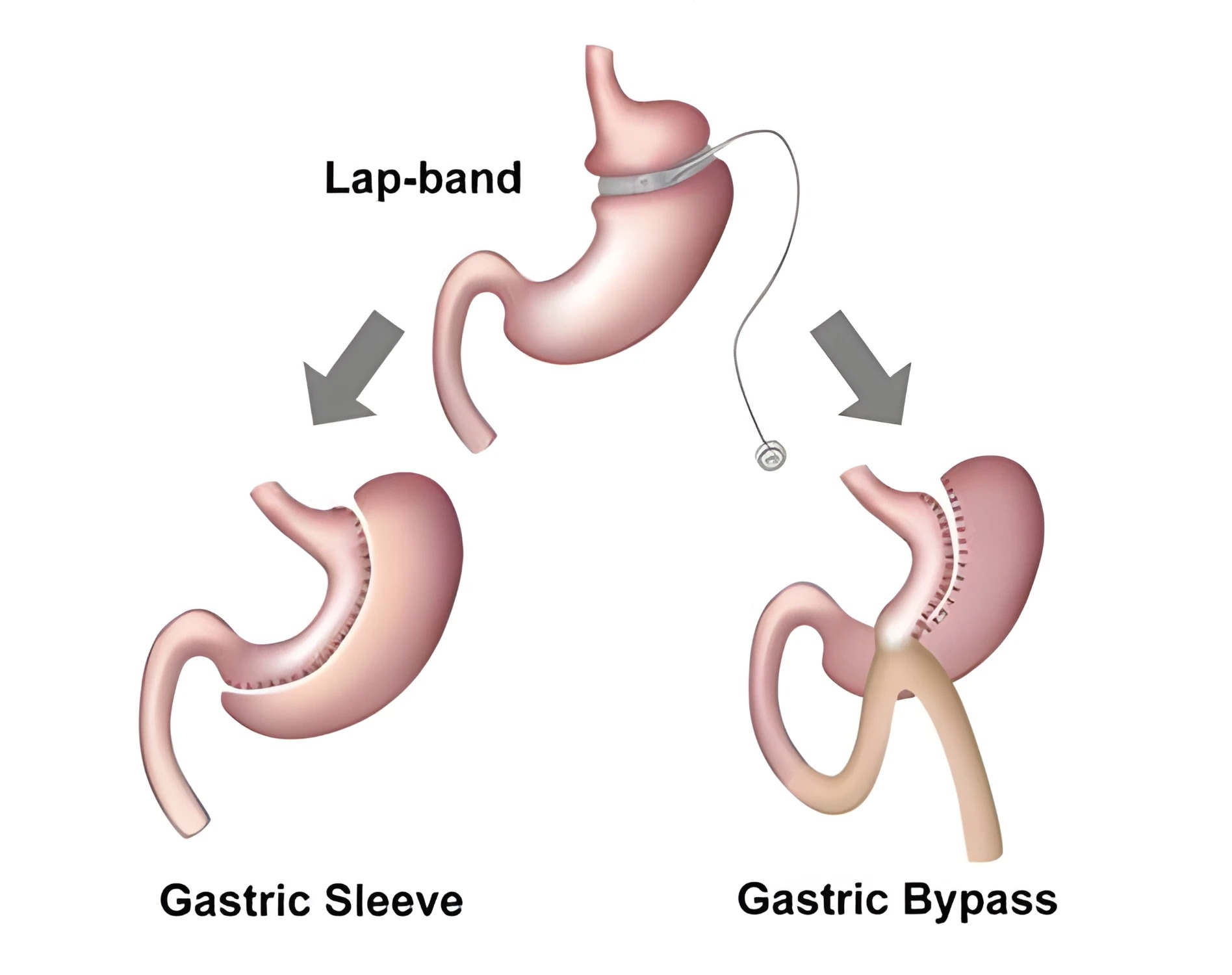


I frequently see patients who had some type of weight loss surgery, who may experience untoward symptoms or inadequate weight loss who enquire about options available to them. To help you make right choice I have put together some information as below.
Revisional bariatric surgery is a specialized procedure designed to address complications or insufficient weight loss following an initial bariatric surgery. If you’ve experienced challenges after your first surgery, revisional surgery may provide an effective solution to help you achieve your health and weight-loss goals.
1. Complications: Issues such as acid reflux, persistent nausea, or gastrointestinal problems may arise after the initial procedure.
2. Insufficient Weight Loss or Weight Regain: Sometimes, the initial surgery does not achieve the desired results due to changes in lifestyle, anatomy, or metabolic factors.
3. Mechanical Issues: Problems like band slippage, pouch enlargement, or stenosis can occur, necessitating further intervention.
Revisional bariatric surgery varies depending on the type of initial procedure and the patient’s specific needs. Common revisional surgeries include:
- Gastric Band Removal and Conversion: Removal of a gastric band with conversion to a sleeve gastrectomy or gastric bypass.
- Sleeve to Bypass Conversion: Converting a sleeve gastrectomy to a gastric bypass to address severe acid reflux or insufficient weight loss.
- Bypass Revision: Adjusting a previous gastric bypass to correct complications or improve outcomes.
Revisional bariatric surgery requires a comprehensive evaluation to determine the most appropriate approach. This includes:
1. Consultation: A detailed review of your medical history, previous surgery, and current health status.
2. Diagnostic Testing: Imaging studies, endoscopy, and lab tests to assess the condition of your anatomy and identify underlying issues.
3. Personalized Treatment Plan: Development of a tailored surgical plan based on your specific needs and goals.
As with any surgery, revisional bariatric procedures carry risks, including infection, bleeding, or complications related to anaesthesia. Additionally, revisional surgery is often more complex than initial bariatric surgery, requiring the expertise of a skilled and experienced surgeon.
If you’re considering revisional bariatric surgery, it’s important to consult with a qualified bariatric surgeon who can assess your individual situation. With the right approach, revisional surgery can help you overcome obstacles and achieve a healthier, more fulfilling life.
If you are considering revisional weight loss surgery, we encourage you to schedule an appointment. Mr Parmar will provide a comprehensive evaluation and discuss the most suitable treatment options for your condition.